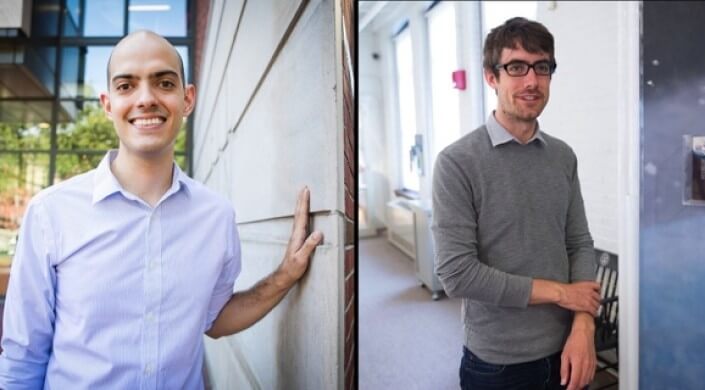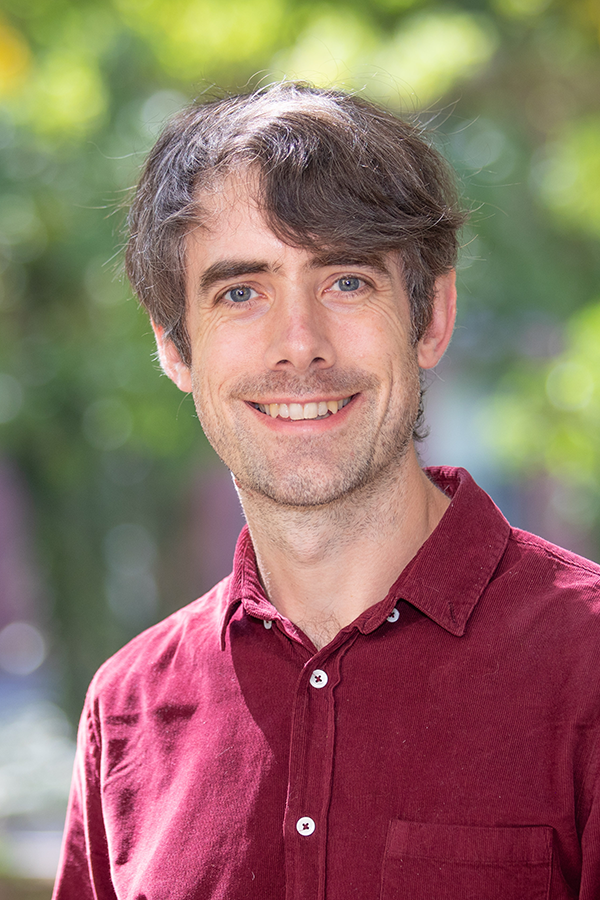News
Two faculty members of the Harvard John A. Paulson School of Engineering and Applied Sciences (SEAS) recently received the Faculty Early Career Development (CAREER) Award from the National Science Foundation (NSF) — one of the most prestigious awards for up-and-coming researchers. The award provides funding to support research
Two faculty members of the Harvard John A. Paulson School of Engineering and Applied Sciences (SEAS) recently received the Faculty Early Career Development (CAREER) Award from the National Science Foundation (NSF) — one of the most prestigious awards for up-and-coming researchers. The award provides funding to support research.
Flavio Calmon
Flavio P. Calmon, Assistant Professor of Electrical Engineering at SEAS, will use the CAREER grant to study fairness in machine learning. Machine learning algorithms are increasingly used in applications of significant social consequence, such as loan approval, hiring, and bail and sentencing decisions. However, real-world data may reflect discrimination patterns that exist in society at large and, as a result, machine learning algorithms can be biased.
Calmon’s research aims to characterize the limits of discrimination discovery and control in machine learning by combining legal and social science definitions of fairness with powerful mathematical tools from information theory, statistics, and optimization. This cross-disciplinary effort aims to provide fundamental theory and design guidelines for data scientists and engineers who will create the next generation of fair data-driven algorithms and applications.
Robin Wordsworth
Robin Wordsworth, Assistant Professor of Environmental Science and Engineering at SEAS, will use the grant to study how volcanism and giant meteorite impacts shaped past climates on Earth and Mars.
Wordsworth will use computer models to better understand how volcanos and meteorite impacts could have affected liquid water on ancient Mars and how volcanic eruptions may have triggered a Snowball event in Earth’s history. The insights gleaned from these models could be used to make predictions about extreme changes in climate for any terrestrial planet, including exoplanets.
Topics: Awards, Electrical Engineering, Environment, Planetary Science
Cutting-edge science delivered direct to your inbox.
Join the Harvard SEAS mailing list.
Scientist Profiles
Robin Wordsworth
Gordon McKay Professor of Environmental Science and Engineering and Professor of Earth and Planetary Sciences
Press Contact
Leah Burrows | 617-496-1351 | lburrows@seas.harvard.edu




